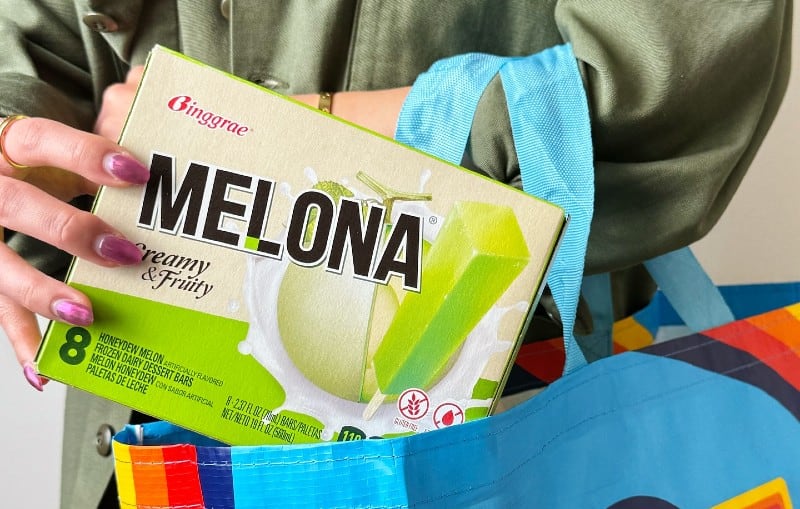Mengniu recently announced its H1FY2025 financial results, reporting a year-on-year revenue decline of -6.9% to CNY41.6bn (US$5.81bn) despite a 1.5% year-on-year increase in operating profit to CNY3.54bn (US$494.8m).
The firm attributed this drop to a combination of factors, particularly with regard to the poor sales performance of ambient milk as well as low consumer demand.
“There has been a persistent oversupply of raw milk and lower-than-expected consumer demand recovery which resulted in a supply and demand imbalance within the local dairy industry,” Mengniu CEO Gao Fei told the floor at the firm’s most recent investors conference.
“Our liquid milk category in particular was hit the hardest with a -11.2% year-on-year drop in sales revenue, and this made up a large portion (77.4%) of our revenue so positive performances in all the other categories like ice cream and cheese were overshadowed.”
Ambient liquid milk has been the most severely-affected category in terms of China’s supply-demand imbalance, and to adapt to ongoing market changes Mengniu is moving to accelerate its product innovation and premium offerings.
“For instance, we are enhancing our organic portfolio with the launch of the Shajin Tohoi brand, as well as increasing new functional products in the Mengniu Pure Milk series such as Lactose-Free Soft Milk, Prebiotic Milk, and Vitamin Milk.”
That said, Mengniu has also recognised strong potential in fast-growing categories such as ice cream (15% growth year-on-year) and cheese (12.3% growth year-on-year), and aims to capitalise on these growing strengths moving forward.
“For ice cream, we are focused on blockbuster innovation such as the launch of our innovative bean-based dessert-style offerings under the Mood for Green brand,” the company stated.
“There is also a lot we are doing in terms of retail transformation for ice cream in order to consolidate our stronghold in traditional retail channels while also accelerating in new ones like snack stores and membership stores.”
South East Asia the way to grow
Given the state of the local dairy market, Mengniu is also looking to boost its growth in overseas markets with a particular eye on ASEAN countries.
“The Aice ice cream brand is accelerating greatly overseas, positioning itself as the lead RTE ice cream in Indonesia and second in the Philippines and Vietnam,” said Mengniu.
“This brand is also actively exploring and expanding into more emerging overseas markets across the South East Asia, Africa and Latin America regions.”
Mengniu also has significant assets in Australia and New Zealand, namely the Burra Foods and Bellamy’s dairy brands.
“Bellamy’s has a strong foothold in Oceania, and it is now further expediting expansion into South East Asian markets such as Vietnam,” said the firm.
Rising from the trough
According to Gao, the Chinese dairy industry is currently facing a trough due to three major pain points.
“These three pain points are: the imbalance of supply and demand; a lack of product category diversification, and the lack of industry supply chain resilience,” he said.
“That said, there is still vast potential for the dairy industry to grow and we just need to take a more consumer-centric approach, focusing on making our products accessible, affordable and drinkable for everybody, in order to become an indispensable part of our consumers’ lives.”




